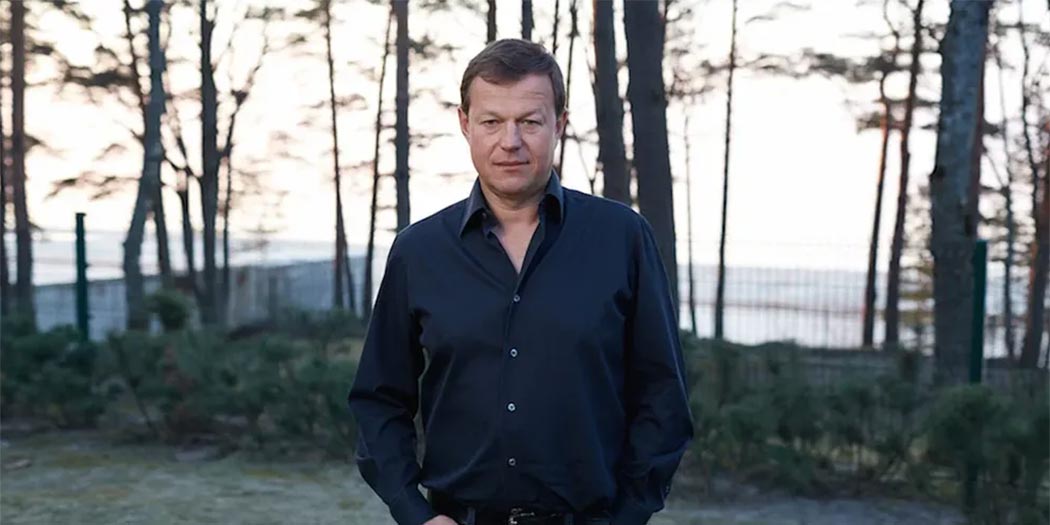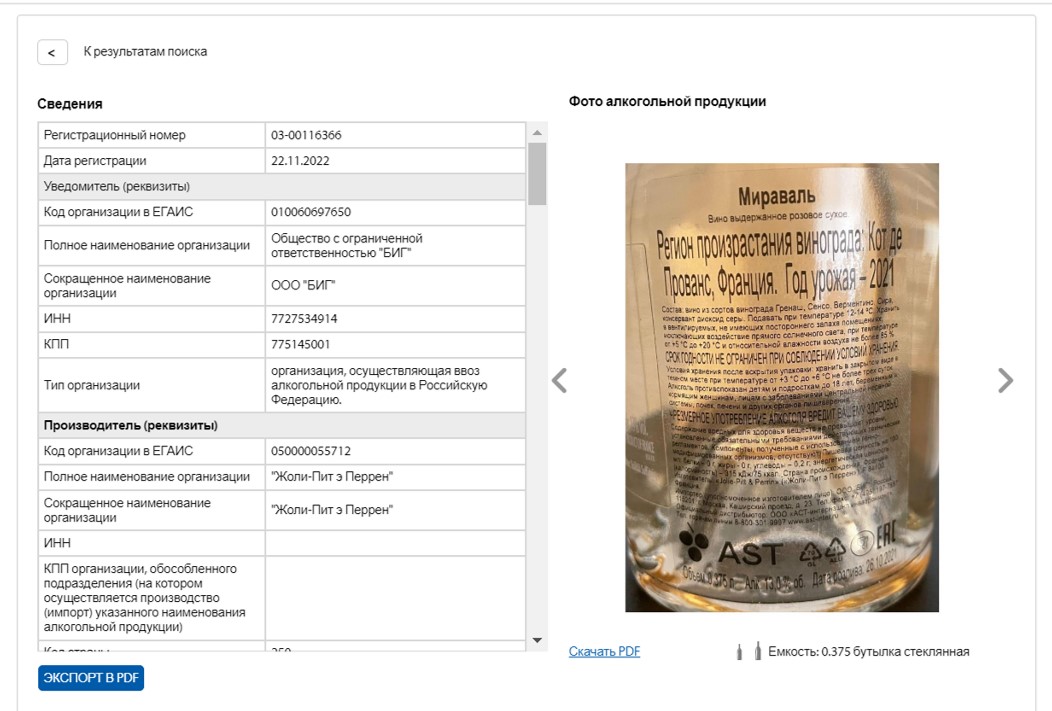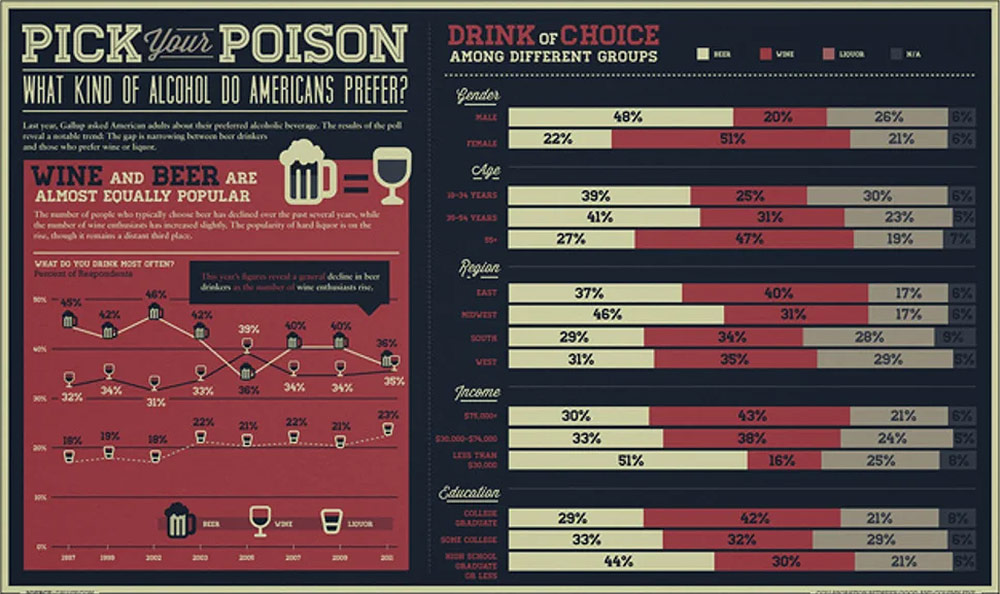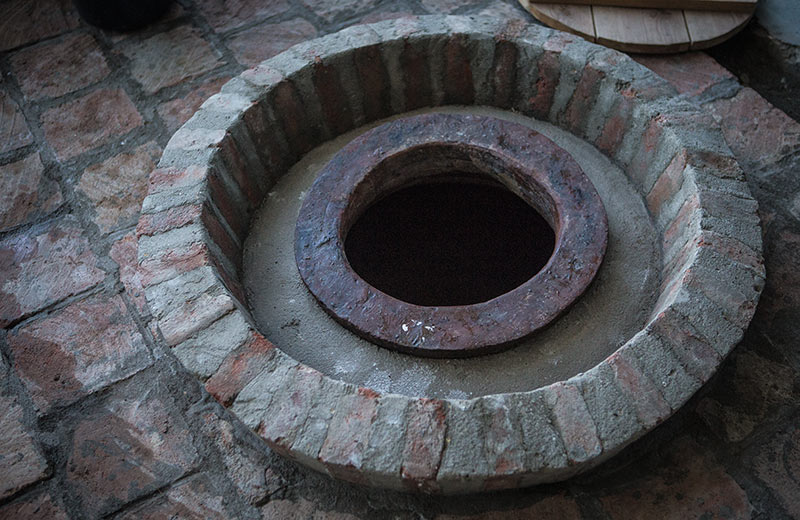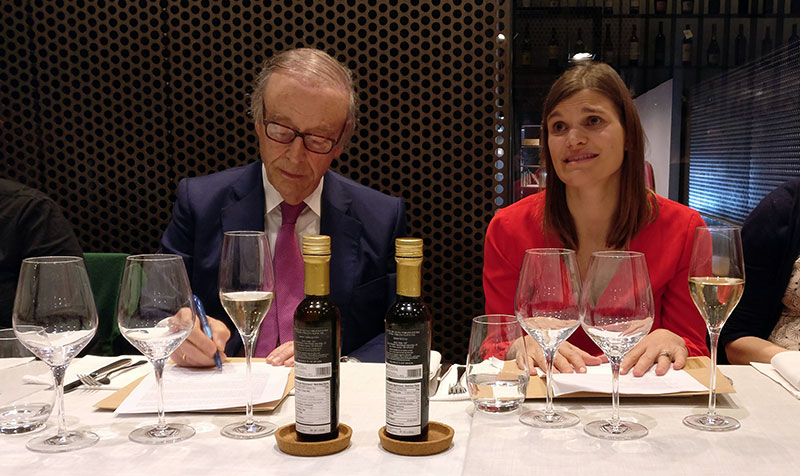In a move that underscores the unpredictable nature of Putin’s Russia, a district court in the Tambov region recently branded Yuri Shefler’s Stoli Group as an extremist association for its support of Ukraine. The court’s decision led to the seizure of three distilleries owned by Shefler and put the importation of several wine brands, including Achaval Ferrer, Arínzano, Ornellaia, Masseto, Luce, Castelgiocondo, and Chateau Miraval, at risk.
Who Is Yuri Shefler?
Yuri Shefler’s journey from businessman to fugitive began in the tumultuous post-Soviet Russia of the 1990s. In 1997, Shefler’s firm acquired the rights to 43 vodka trademarks, including the famous Stolichnaya and Moskovskaya, for a mere $300,000. At the time, these trademarks were undervalued due to the rampant production of counterfeit alcohol and a lack of state control.
However, when Vladimir Putin came to power, Russian authorities tried a trick that would become well known to investors years later: retroactively revaluing the asset and declaring the deal illegal. Four years after the sale, the Russian Accounts Chamber estimated the sold asset at 13,000 times its value (!), stating that the real value of the brands was $400 million. At the same time, the entrepreneur was accused of alcohol smuggling, organizing a criminal association, threatening to kill a government official, illegal business activities and money laundering.
In 2002, Shefler fled Russia. Subsequently, all criminal cases fell apart for lack of evidence, and in 2016 the court dropped all charges against the businessman. But the battle over the vodka brands continued for more than two decades. While Russia managed to reclaim the trademarks within its borders and in Benelux countries, Shefler retained the rights in key markets like Europe and the US.
Stoli’s Wine Assets
Post-exile, Shefler retained rights to his vodka brands abroad and a few distilleries in Russia. He began rebuilding his empire, which now includes a diverse portfolio of alcohol brands under SPI Group, such as Bayou rum, Kentucky Owl bourbon, and Tulchan gin. Stoli Group’s wine division, Tenute del Mondo, boasts a 99% stake in Argentina’s Achaval Ferrer and full ownership of Spain’s Arínzano.
In 2006, Shefler acquired a 24% stake in Frescobaldi’s Tenute di Toscana, which includes Ornellaia, Masseto, Luce, and CastelGiocondo. Stoli later increased this stake to 25.8%. It may be that one of the reasons Shefler invested in Supertuscans was a nostalgic sense of belonging with another Russian expatriate. In the case of Masseto and Ornellaia, soil selection, varietal choice and key decisions in the creation of these wines in the early years were handled by a Californian consultant of Russian origin, Andre Tchelistcheff, who was also forced to flee Russia after the revolution.
Most of these wines have been shipped to Russia until now. In other words, the last shipment of Masseto was received in Russia on 12 April 2024. But the recent court ruling puts it at risk. Russian prosecutors interpret such cooperation extremely broadly, sending people to prison for years for a single social media like and for donations of a few dollars made to Ukrainian humanitarian funds or Navalny’s Anti-Corruption Foundation.
Russian courts interpret cooperation with extremist organizations as broadly as possible, but this does not mean easy consequences. For example, Facebook and Instagram have been recognised as extremist ones. It is still legal to use these socials, but publishing their logos is a criminal offense. In July this year, the Leninsky District Court of Yekaterinburg sent human rights defender Alexey Sokolov to pre-trial detention until 1 September just for publishing a Facebook logo in his Telegram channel.
Stoli received the same status – publishing its logos, paying their bills and other normal business activities are equated to terrorism by a Russian court. And the purchase of a batch of Pago Arinzano could well be interpreted as cooperation with an extremist organization and result in jail terms for employees of the importing company.
Brad Pitt’s Moral Dilemma
Among Shefler’s wine assets, his acquisition of Angelina Jolie’s portion of Chateau Miraval stands out as particularly contentious. The details of the lawsuit between Jolie, Pitt, and Shefler have been extensively covered in the media. When Jolie and Pitt divorced, a legal order temporarily blocked the sale of their joint assets. After successfully overturning this order, Jolie sold her stake in Miraval to Stoli for $64 million, leaving Pitt in the dark until he read about the sale in the news.
Pitt responded by filing lawsuits in multiple jurisdictions, arguing that Shefler’s ties to Russia could damage the brand, especially given the political climate and the war in Ukraine. His lawyers have emphasized Shefler’s image as a Russian oligarch, despite Stoli’s active support for Ukraine, including rebranding Stolichnaya to Stoli and launching a special edition vodka to raise funds for Ukrainian relief efforts. Such rhetoric is not hindered by the fact that Miraval managed by Pitt’s representative continues to supply wine to Russia.
Alekper, Sarhan, and Miraval
Miraval’s Russian distributor, AST, adds another layer to this intricate tale. AST was founded by Telman Ismailov, a flamboyant businessman who once ranked among Russia’s richest. To get an idea of the scale of Ismailov’s business, it’s worth reading The Guardian’s report from the opening of the Mardan Palace hotel in Turkey’s Antalya in May 2009. The hotel cost Ismailov $1.4 billion dollars. The opening ceremony was hosted by Sharon Stone, Mariah Carey performed on stage, and guests included Kendall Jenner, Richard Gere, Monica Bellucci, Paris Hilton, Seal, Tom Jones, and the Kazakhstani President Nursultan Nazarbayev.
As The Guardian reported, it was “the midst of the kind of decadence that would make a Roman orgy look like a model of unassuming self-restraint – there are great big buckets of Beluga caviar, free-flowing rivers of vintage Bollinger, the kind of desserts that make you want to break down and weep”.
Ismailov’s fortunes took a turn in 2009 when his assets, including the Cherkizovsky market, were raided, leading to numerous criminal charges in Russia. A criminal case of embezzlement of a loan worth 230 million has been opened by Swiss prosecutors. Ismailov fled to Turkey and settled in Montenegro, avoiding prosecution.
Despite these setbacks, Ismailov’s alcohol business remained intact. His sons, Alekper and Sarhan, each owned 27,5% stakes in AST until they sold them in 2017. Now the beneficiaries of the company are Ismailov’s business partners, Leonid Rafailov and Zakharia Mardakhayev. AST is a major alcohol supplier to the Russian authorities. According to publicly available data alone, the company has signed 181 government contracts worth 437.2 million rubles (about USD 7,74 million at the exchange rate at the time of contract), and one of its largest clients is the Kremlin Catering Complex. AST has received at least four Miraval shipments since the full-scale attack on Ukraine.
Supporting Ukraine
Since the start of the Russian aggression, Shefler has been a vocal supporter of Ukraine. He rebranded Stolichnaya to Stoli and launched a limited edition in Ukrainian colors, donating profits to World Central Kitchen, which provides hot meals in the country. Russian prosecutors have accused Stoli of donating more than €38m to Ukrainian funds to buy drones, ammunition and transport for the Ukrainian armed forces during the two years of war. This figure is most likely an exaggeration: Stoli’s page among the partners of World Central Kitchen states that the profits from sales of Stoli Ukraine Limited Edition and the cocktail program Cocktails for Ukraine raised $157,000 USD.
But regardless of the amount of aid to Ukraine, Shefler’s position cost him his Russian assets. Shefler’s example once again illustrates Russia’s transformation into kleptocratic capitalism, where the right to property has been replaced by proximity to power. As a Russian alcohol market observer, Denis Puzyrev, noted, the real surprise isn’t the seizure itself but that Shefler’s distilleries operated smoothly for so long despite his exile and his support of Ukraine.
